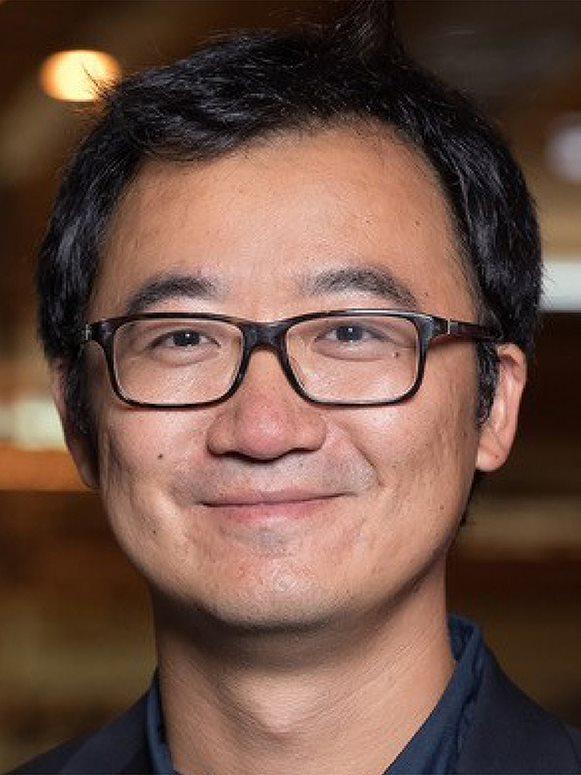About the award
About the Award
People with a passion for discovery drive innovation. Without their inquisitive minds and desire for new ideas, there would be no inventive spirit and no progress. The European Inventor Award pays tribute to inventors who transform their ideas into solutions that address some of the greatest challenges of our time. It is a celebration of the inventive spirit, the individual contributions of talented inventors, and the European patent system that protects invention and encourages innovation.
The EPO launched the Award in 2006 to give inventors the recognition they deserve. And, like every competition, it acts as an incentive for others.
The Trophy

European Inventor Award winners receive striking trophies in the shape of a sail. As a lasting symbol of exploration and ingenuity, the sail shows how inventive ideas can propel humankind to uncharted shores. German industrial designer Miriam Irle conceived the original design and each year the trophy is crafted with new materials.
The 2023 trophies were made of ceramics and decorated with traditional Valencian motifs. The Young Inventors Prize trophies were painted by Rosh333, a street artist from Spain.
The Jury
The European Inventor Award jury consists of inventors who are all former finalists. To judge proposals, the independent panel will draw on their wealth of technical, business, and intellectual property expertise. In 2024, the jury will be chaired by Wolfgang M. Heckl.
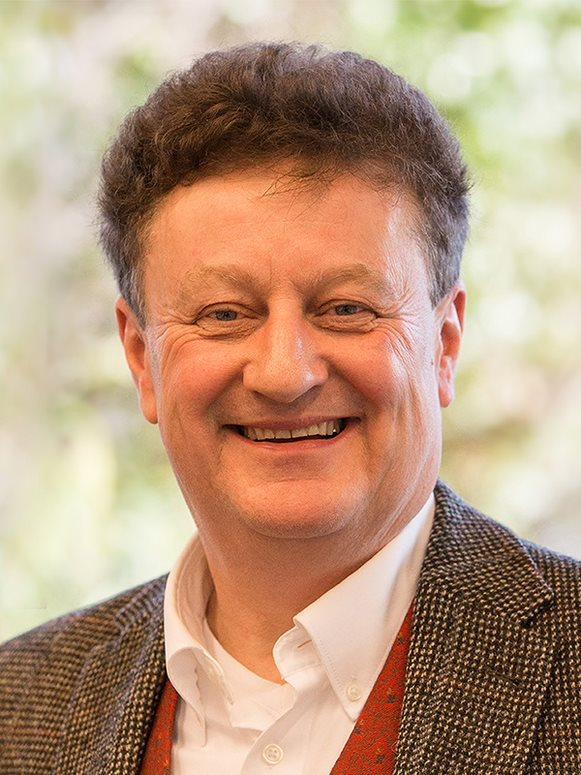
Wolfgang M. Heckl (Chair) is Director General of the Deutsches Museum in Munich, a position he has held since 2004. He holds the Oskar von Miller chair for science communication at the Technical University in Munich where he researches molecular self-organisation in the nanotechnology field. Professor Heckl received the Communicator Prize from the German Science Foundation and was awarded the European Descartes Prize for Science Communication. He is the author of more than 200 peer review publications and published a bestselling book entitled Die Kultur der Reparatur in 2013.
Catia Bastioli is currently CEO of the Novamont Group, an international leader in the bioplastics and biochemicals sector, and former President of Terna, the largest independent electricity transmission system operator (TSO) in Europe. Over the course of a career spanning 30 years, she has spearheaded research in the bioplastics field and served on served on European Union working groups on climate change, environment and renewable raw materials. In 2017, Catia was awarded the title “Cavaliere del Lavoro” from Sergio Mattarella, President of the Italian Republic.
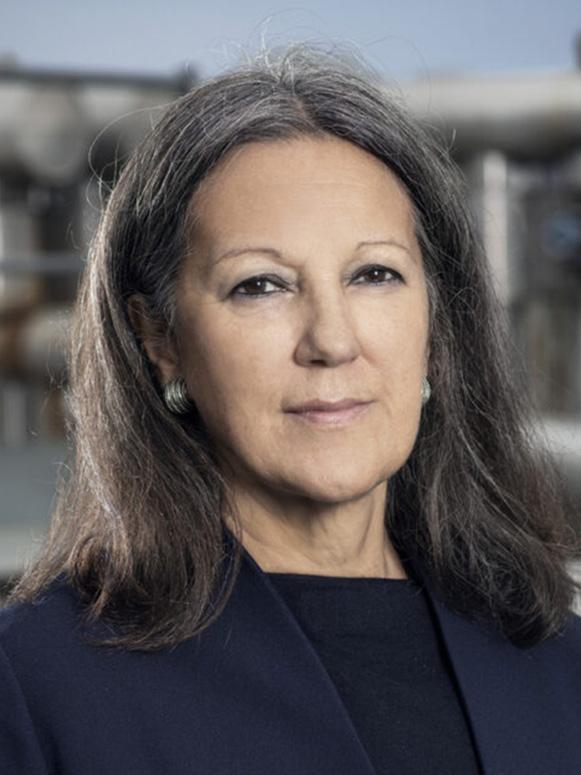
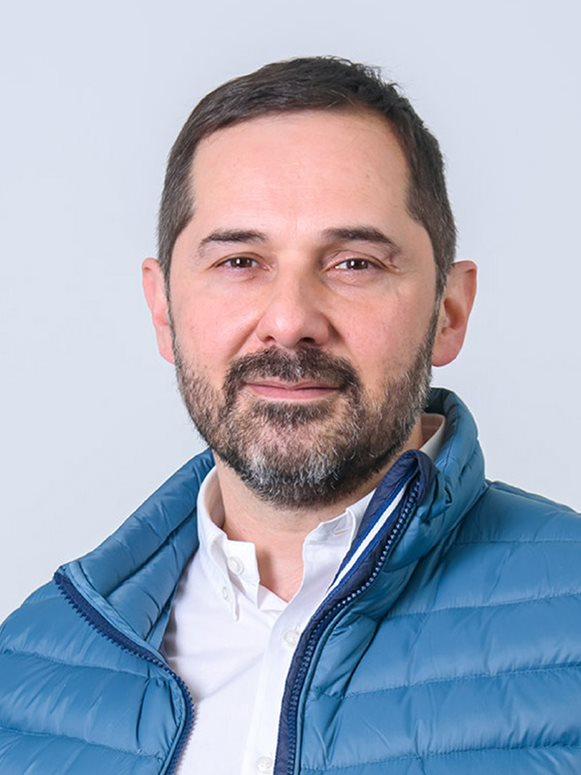
Nuno Correia is the Director of the Composite Materials and Structures Unit at INEGI in Porto, Portugal, overseeing a dynamic team of over sixty research professionals. With a background in mechanical engineering and a PhD in engineering sciences, his expertise spans several fields in composite materials.
Nuria Espallargas is a professor at the Department of Mechanical and Industrial Engineering NTNU, Norway. She has twenty years of research experience in surface engineering, chemistry and tribology. Since 2011, she has led the NTNU’s Norwegian Tribology Center. Her scientific expertise is surface chemistry and engineering, lubricants, tribocorrosion and nano-tribology. Her recent research focuses on environmentally acceptable lubricants and green lubricant additives. In 2014, she co-founded a spin-off company (Seram Coatings) to commercialise ThermaSiC, a ground-breaking thermal spray ceramic coating.
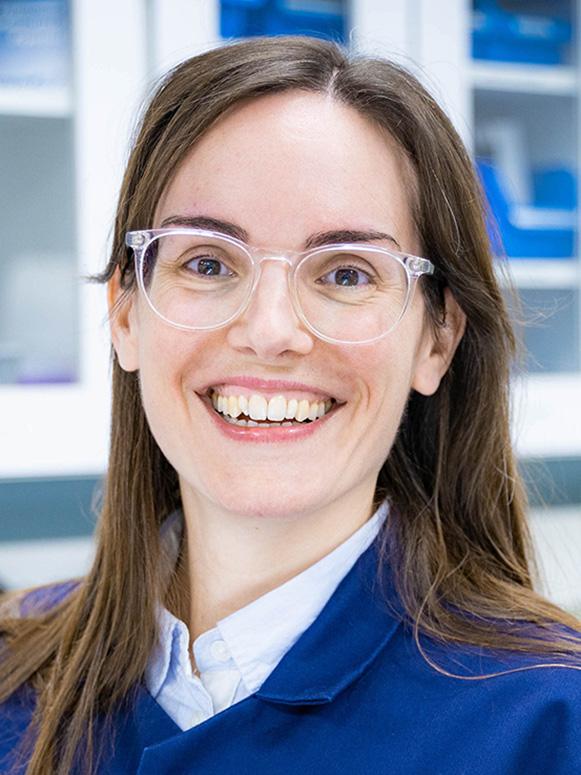
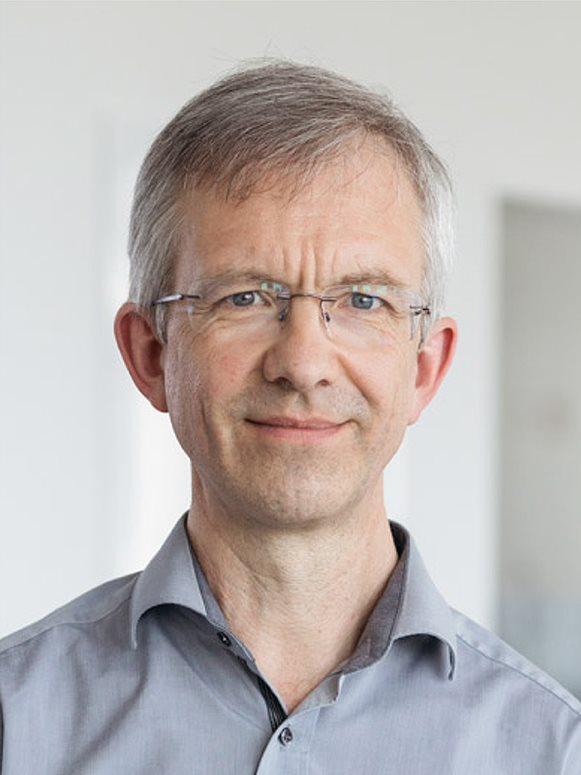
Joachim Fiedler studied at the University of the Arts in Berlin and worked as a professional cellist in several orchestras and ensembles. His earliest inventions, such as a magnetic bow clamp, aimed to solve problems unique to musicians. In 2007, he established Fidlock GmbH to further develop magnetic-mechanical fasteners and expand the product line up. Today, his fasteners are used in a range of products from bags, bike helmets and bottles to shoe closures and chest strap clips for child bike seats.
Peter Holme Jensen holds a PhD in protein science and is founder of Aquaporin, a company that develops natural, sustainable water treatment solutions. He founded Aquaporin in 2005 and currently serves as Chief Innovation Officer as part of the company’s Executive Management. In addition, Peter serves on several boards, among these as a board member of Innovation Fund Denmark.
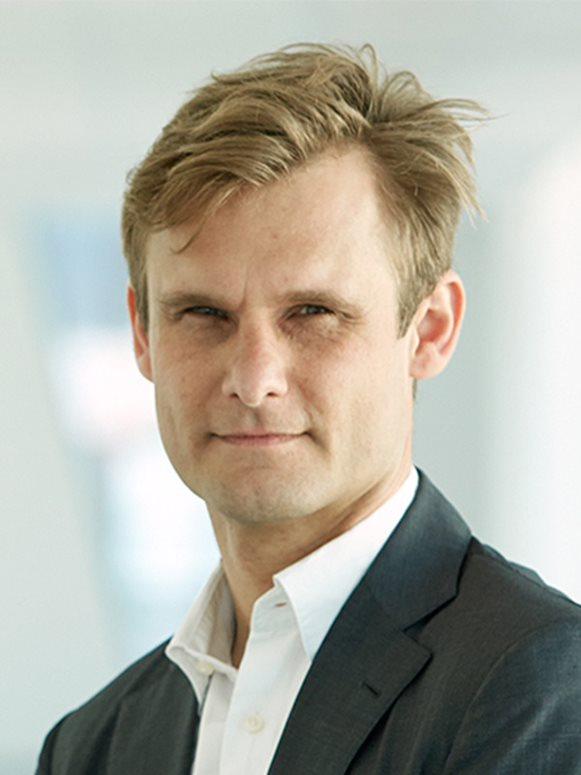
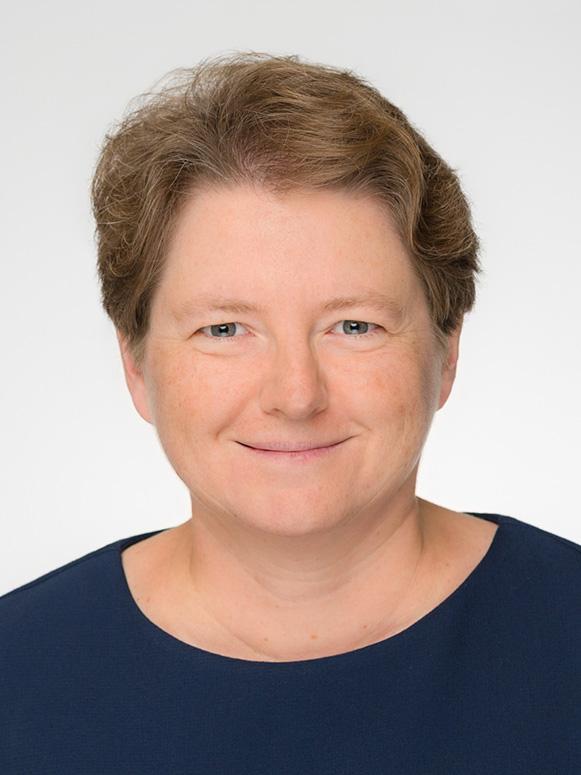
Marta Karczewicz is Vice-President Technology at Qualcomm, where she has driven advances in data coding algorithms since 2006. She has lead teams that have made it possible to compress video files by a factor of 1 000 without losing perceivable image quality, enabling the rise online streaming and videotelephony services. Marta obtained a master's degree and PhD in information technology from Tampere University in Finland before moving to the United States in the mid-1990s. She is named inventor in over 1 000 patents in Europe and the US.
Marta Karczewicz, European Inventor Award 2019, Lifetime Achievement
Ursula Keller is a professor at ETH Zurich in the Ultrafast Laser Physics research lab and co-founder of several companies. Her development of ultra-fast lasers has given science, industry and the medical community an instrument of unprecedented precision. In a long and distinguished career, she has received many accolades including the 2022 Swiss Science Prize Marcel Benoist, 2020 OSA Frederic Ives Medal, 2020 SPIE Gold Medal, 2019 IEEE Edison Medal, 2018 IEEE Photonics Award, 2017 Weizmann Women and Science Award, 2015 Optical Society's Charles Hard Townes Medal, 2013 LIA Arthur L. Schawlow Award and 2004 Berthold Leibinger Innovationspreis.
Ursula Keller, European Inventor Award 2018, Lifetime Achievement
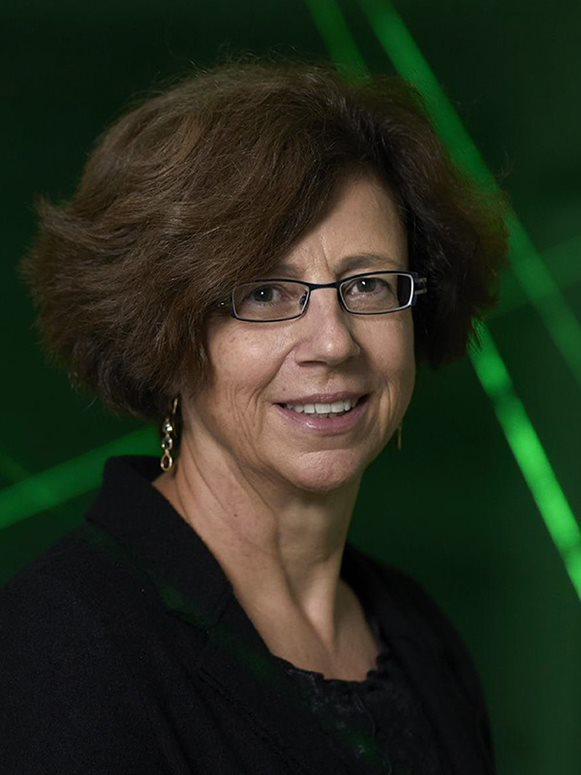
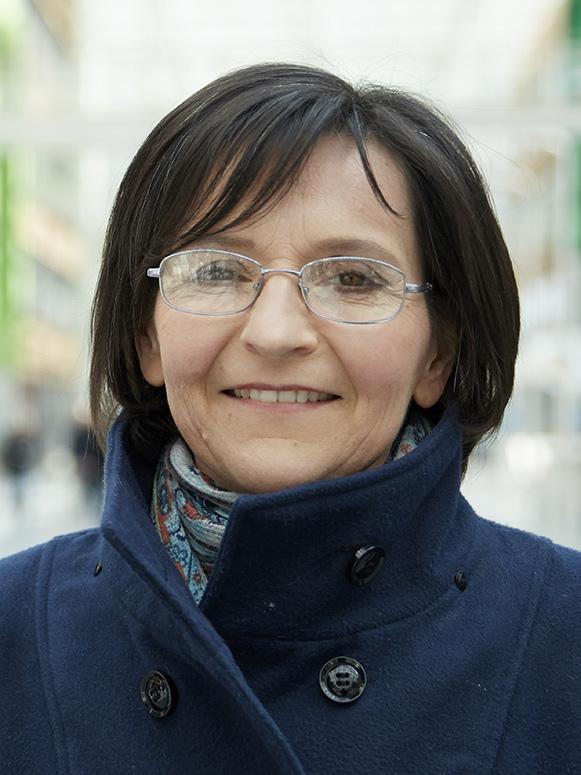
Agnès Poulbot is a senior expert at Michelin, where she co-invented a regenerative tire tread technology that extends tyre life and reduces fuel consumption. She studied mathematics and computer sciences at the University of Grenoble and after earning her PhD, joined the French Alternative Energies and Atomic Energy Commission. Here, she contributed to the development of an image reconstruction algorithm for use in medical computer tomography. Agnès started working at Michelin in 1996 and now holds the position of senior expert in pre-development and advanced research for truck and bus tyre design for the European market.
Erin Smith is an entrepreneur and inventor of FacePrint, a screening tool that uses AI to analyse facial expressions that indicate the onset of Parkinson's. She has conducted research at Stanford, MIT, Harvard and UCSF. She was appointed a Senior Atlantic Fellow for Equity in Brain Health at the Global Brain Health Institute in 2021. Erin has over 40 academic publications and her work has been recognised by the Thiel Fellowship, Wired Health Startup of the Year and Forbes 30 under 30.
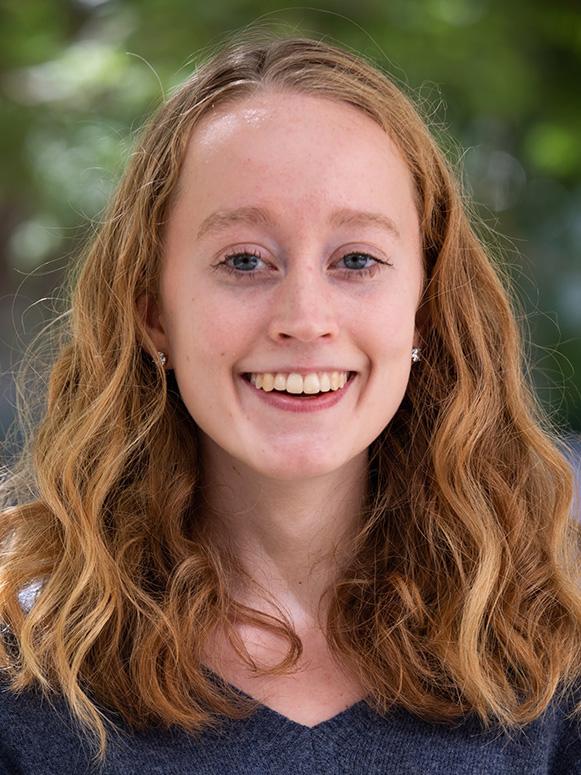

Richard Turere is a conservationist, entrepreneur and author from Kenya. At the age of 13, he developed a system to deter lions from attacking cattle at his family home outside the Nairobi National Park. Today, the system is used by worldwide and Richard works with farming communities to reduce human-wildlife conflict. He co-authored a children’s book about his experience, spoke at the TED Global Stage in California and was named a National Geographic Young Explorer in 2020.
Zhentian Wang is an Associate Professor at Tsinghua University, Beijing, China, dedicated to developing X-ray imaging methods for biomedical and material science. Dr. Wang has been working for more than 10 years at Paul Scherrer Institute and ETH Zurich, Switzerland, where he developed X-ray phase contrast imaging methods for breast cancer detection. Dr. Wang co-founded GratXray AG in 2017 which aims to bring phase-contrast breast CT to the market. He has won the Dalle Molle Prize 2012 and Swiss Technology Award 2017.
Zhentian Wang, European Inventor Award 2022, Non-EPO Countries
